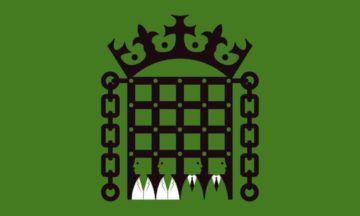Philip Ball in The Guardian:
 How many lives would have been saved in the pandemic if the UK government had truly “followed the science”? The question is unanswerable but hardly academic. We cannot accurately quantify how many lives were lost by the politically driven delays to lockdown in the first and second waves, but the number is not small. So would we have done better simply to put scientists in charge of pandemic policy? Might we hand over climate change policy to them, too? In fact, would their evidence-based methods make them better leaders all round? How much say scientists should have in running society has been debated since the dawn of science itself. Francis Bacon’s utopian Bensalem in his 1626 book New Atlantis is a techno-theocracy run by a caste of scientist-priests who manipulate nature for the benefit of their citizens. Enthusiasm for technocracies governed by scientists and rooted in rationalism flourished between the world wars, when HG Wells advocated their benefits in The Shape of Things to Come.
How many lives would have been saved in the pandemic if the UK government had truly “followed the science”? The question is unanswerable but hardly academic. We cannot accurately quantify how many lives were lost by the politically driven delays to lockdown in the first and second waves, but the number is not small. So would we have done better simply to put scientists in charge of pandemic policy? Might we hand over climate change policy to them, too? In fact, would their evidence-based methods make them better leaders all round? How much say scientists should have in running society has been debated since the dawn of science itself. Francis Bacon’s utopian Bensalem in his 1626 book New Atlantis is a techno-theocracy run by a caste of scientist-priests who manipulate nature for the benefit of their citizens. Enthusiasm for technocracies governed by scientists and rooted in rationalism flourished between the world wars, when HG Wells advocated their benefits in The Shape of Things to Come.
But while post-second world war issues such as nuclear power, telecommunications and environmental degradation heightened the demand for expert technical advice to inform policies, the UK government’s first official scientific adviser, Solly Zuckerman, appointed in 1964 by Harold Wilson, stressed the limits of his role. “Advisory bodies can only advise,” he said. “In our system of government, the power of decision must rest with the minister concerned or with the government as a whole. If scientists want more than this then they’d better become politicians.”
That remains the common view today: scientists advise, ministers decide.
More here.
